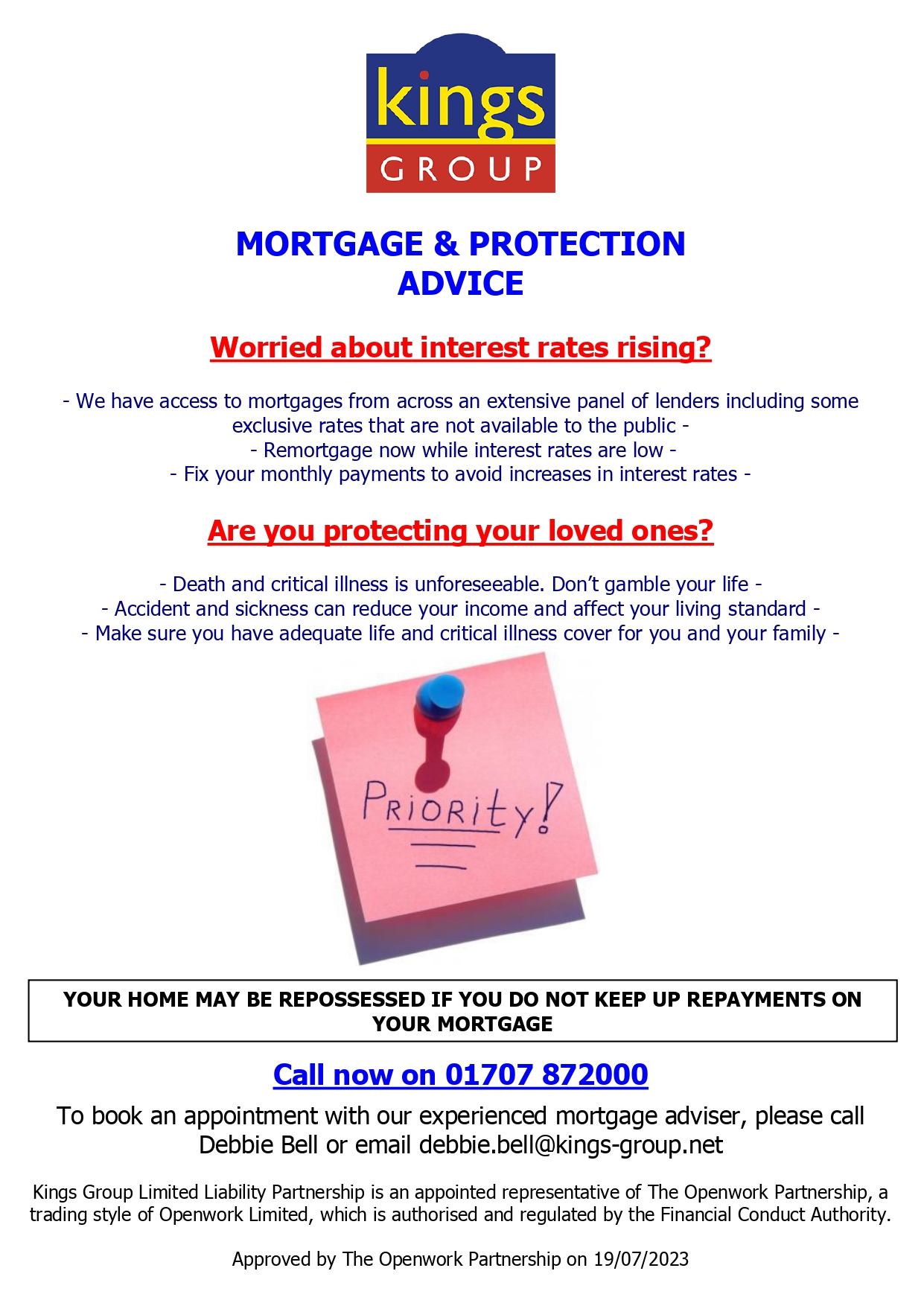With the coronavirus pandemic spreading fast across the globe, and in particular Europe, it’s certainly the case that we are living in uncertain, unusual and frightening times.
Nations throughout the world are taking draconian steps, unheard of in peacetime, to keep their citizens and economies safe from Covid-19. Borders, universities and schools are being closed, mortgage payment and eviction holidays are being offered, and large relief packages for small and medium-sized businesses are being rolled out to ensure there isn’t a repeat of the global financial crisis of 2008.
The UK government has taken drastic action, with the Chancellor Rishi Sunak outlining £330 billion in government-backed loans to support and help businesses, on top of the £30 billion he pledged at the recent Budget to combat the coronavirus.
The Bank of England (BoE) – now led by new Governor Andrew Bailey – has also implemented measures to mitigate the impact of the virus on businesses, the economy and homeowners. This included the decision by the BoE’s Monetary Policy Committee, just before Sunak’s first Budget as Chancellor, to cut interest rates from 0.75% back down to historic lows of 0.25%.
Followed by a further cut, down to a record low of 0.1%, to shield the economy from the impact of Covid-19.
Below, Kings Group explores the emergency cuts in interest rates, what they means for homeowners and buyers, and how the last 12 years – dominated by turbulent events such as the global financial crisis, Brexit and now Covid-19 – have created a very low interest rate environment that is to the benefit of borrowers.
Interest rates slashed
To shore up the economy amid the coronavirus outbreak, the BoE decided to implement an emergency cut in interest rates, in addition to freeing up billions of pounds of extra lending power to help banks and other lenders support firms during this difficult time.
Mark Carney, the former Governor who was in his final days in the role at the time, explained the reasoning. “The Bank of England's role is to help UK businesses and households manage through an economic shock that could prove large and sharp, but should be temporary,” he said. He added that the Bank’s co-ordinated action on the day of the Budget was designed to have ‘maximum impact’.
The last emergency cut in interest rates was in October 2008, during the global financial crisis. However, Carney said the financial impact of the coronavirus was unlikely to be as severe if protections are put in place.
He said: “There is no reason for it to be as bad as 2008 if we act as we have, and if there is that targeted support.”
However, just over a week after the Budget, with the coronavirus crisis worsening in Britain, the Bank took further steps. To protect the economy as the number of Covid-19 cases and deaths spike in line with the expected upwards curve of the virus, the Bank of England decided to cut the base rate to a joint-record low of 0.1% - as low as it’s ever been in the Bank’s 300-year history.
This has been implemented to shield the economy from a 'sharp and large' economic shock triggered by the coronavirus pandemic. Quantitative easing has also been restarted, with the Bank making an
extra £200 billion in bond purchases, effectively printing new money to support economic activity as the ongoing health crisis threatens to virtually shut down the UK economy. You can find out more here.
What does the cut mean for borrowers and buyers?
The Bank’s base rate being cut means the mortgage bills for some homeowners will immediately be lower, in particular those on tracker mortgages whose deals go up and down depending on the base rate.
A low interest rate environment, as has been the case in the UK since 2008/9, is normally seen as a boost for mortgage-holders and bad news for savers. Currently, with interest rates very low, mortgage rates are at very low levels too. Given the current situation, this seems unlikely to change anytime soon.
Those who are already homeowners should see a reduction in their mortgage costs depending on the deal they have. What’s more, if you’re buying a home and looking to secure a new mortgage, you should find that you can get a better deal now that the base interest rate has fallen. It could, in other words, be the perfect time to purchase.
Approximately 11% of the UK’s outstanding mortgages are made up by tracker mortgages. If you’re on this kind of deal, the rate cut immediately means your mortgage costs will become cheaper. If you’re buying a home, you may want to consider opting for a tracker mortgage (although this comes with risks if interest rates suddenly spike upwards).
Borrowers on variable rate mortgages, meanwhile – where the amount paid every month can be changed by a lender in response to the Bank’s decision on the base rate – will need to wait and see if their lender reacts to this latest change at a time when mortgage rates are already very low. UK Finance estimates that approximately 16% of UK mortgages are variable rate ones.
Those on a fixed-rate mortgage – which is most homeowners nowadays – will see no change to their monthly repayments, but remortgaging could be more attractive given the likely lower interest rates on new deals.
Borrowers should also remember that the emergency cuts are only designed to be temporary, to help the economy’s fight against Covid-19, so there is every chance the base rate could increase again when the crisis abates.
However, no-one yet knows what the financial implications of Covid-19 might be. There is certainly a good chance that interest rates will be kept low to protect the economy, more so when you consider the Brexit trade negotiations could be hampered and delayed by the virus. In times of uncertainty, the BoE are likely to want to keep the base rate low.
Why are interest rates now lower than the past?
It’s not always been the way that interest rates have been this low. You only need to go back a few decades, to 2000, to find interest rates standing at 5.5%. They were even higher than that a decade before, in 1991, when they stood at over 10%. In October 1989, meanwhile, they were as high as 15% and in November 1979 as high as 17%. To find out how interest rates have changed and fluctuated since January 1975, you can click here.
Only in more recent years have we become accustomed to ultra-low interest rates. During the global financial crisis, the BoE cut interest rates to very low levels to support spending and protect jobs – and it’s stayed that way ever since.
In the 2000s, interest rates hovered around the 5.5% mark and never went below 3.5%. But the Lehman Brothers’ collapse in September 2008, triggering the worst financial crisis since the Wall Street Crash of 1929, soon changed things. October 2008 saw the BoE cut interest rates to 4.5%, while every month after that interest rates were reduced until they had fallen to 0.5% in March 2009.
For the next seven years the base rate remained unchanged – one of the longest unbroken periods in history – to help the UK economy to recover. Interest rates then fell to all-time lows of 0.25% in August 2016, after the Brexit referendum.
With the economy on a surer footing again by November 2017, the base rate rose to 0.5%. In August 2018, it rose again to 0.75% and stayed there until the recent emergency cuts.
There’s no knowing for sure what will happen to interest rates in the coming weeks and months, but these favourable borrowing conditions are likely to remain in place for a while yet – to the benefit of buyers securing mortgages and homeowners on certain deals.
To find out more about buying or selling a property in North London, East London, Hertfordshire, Essex and the surrounding areas, from Walthamstow and Hackney to South Chingford and Enfield Town, you can get in touch with your local Kings Group branch today.
If you need expert mortgage advice, either in finding the right mortgage, remortgaging or seeking buy-to-let finance, our mortgage service is on hand to help. Here, our expert mortgage advisers will source mortgage options and help you decide the most suitable mortgage for your specific circumstances. Find out more here.
You can also request a free and instant online valuation to provide an idea of how much your property could be worth on the current market.

